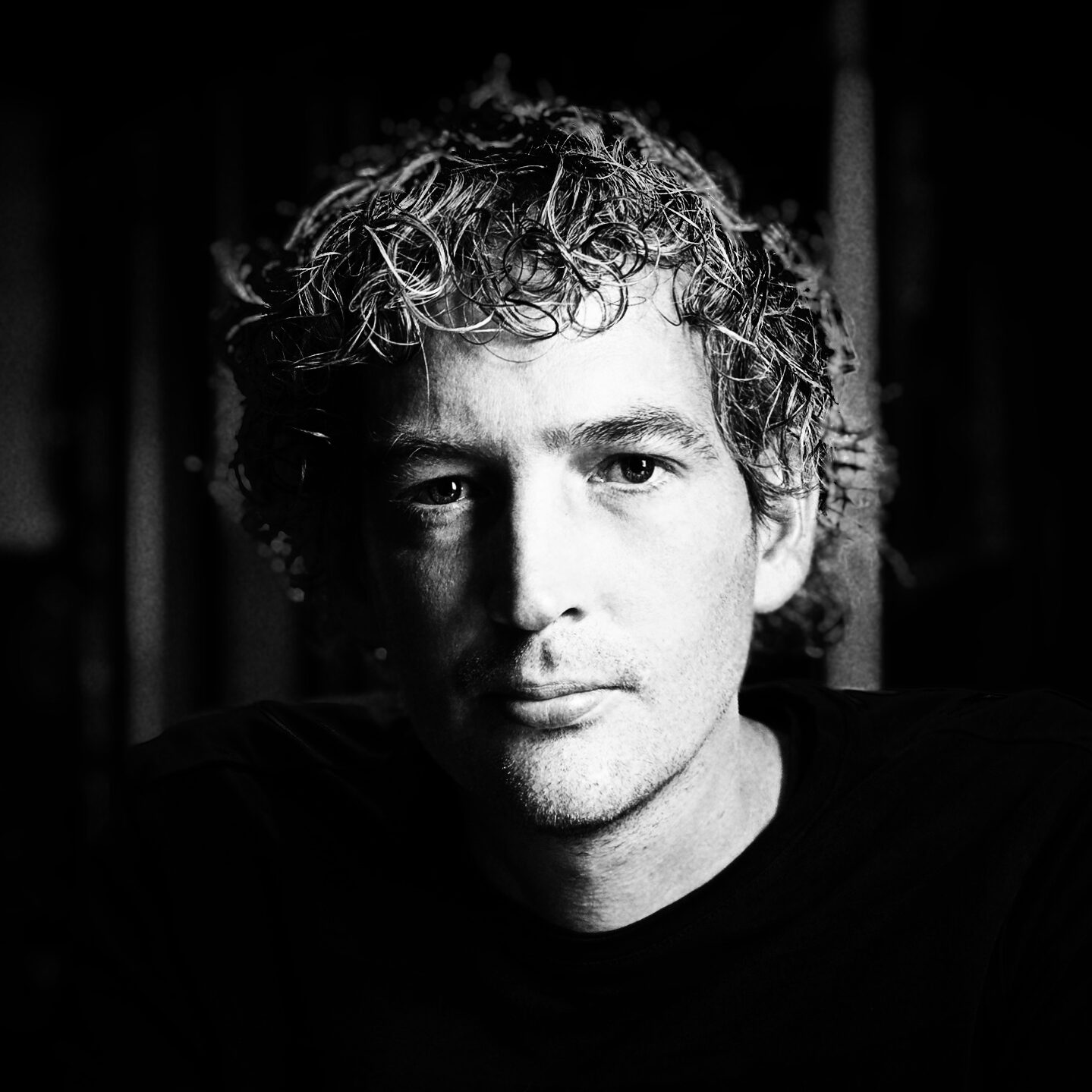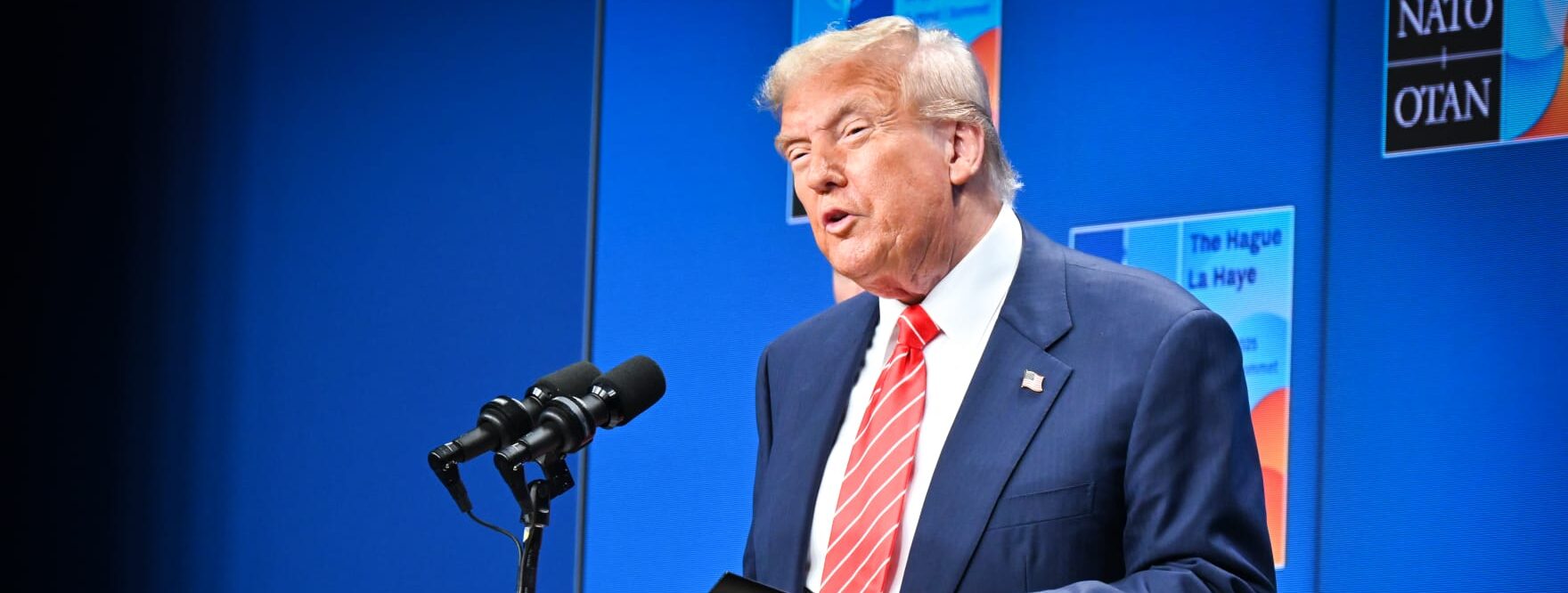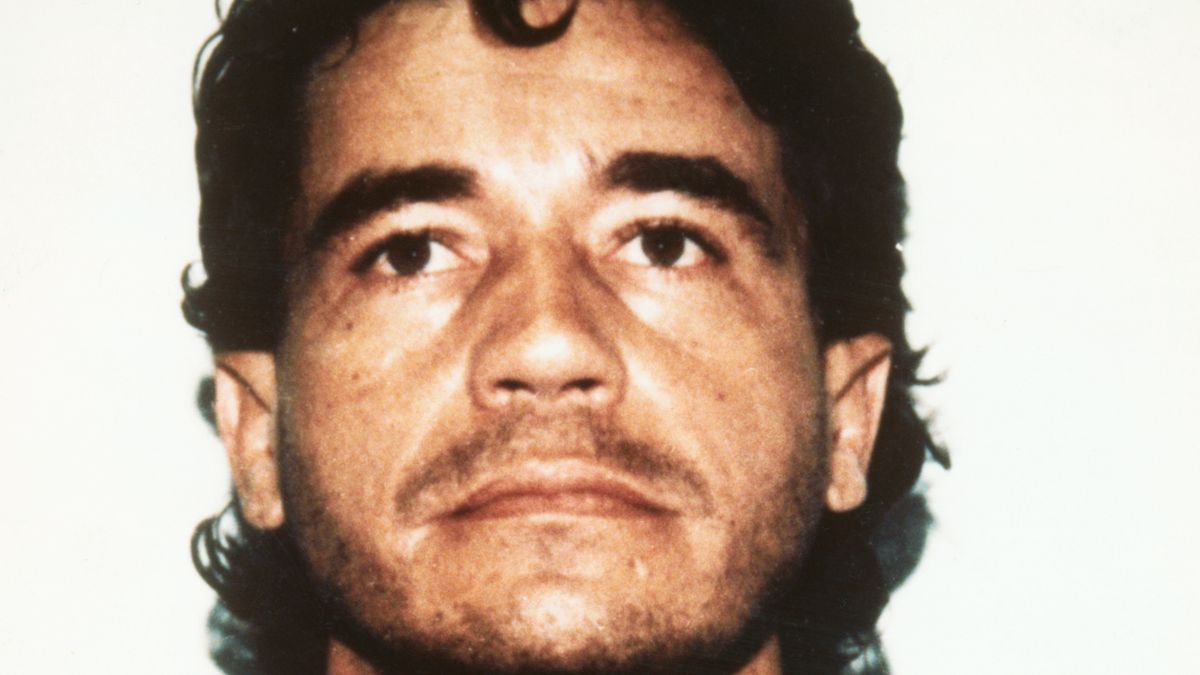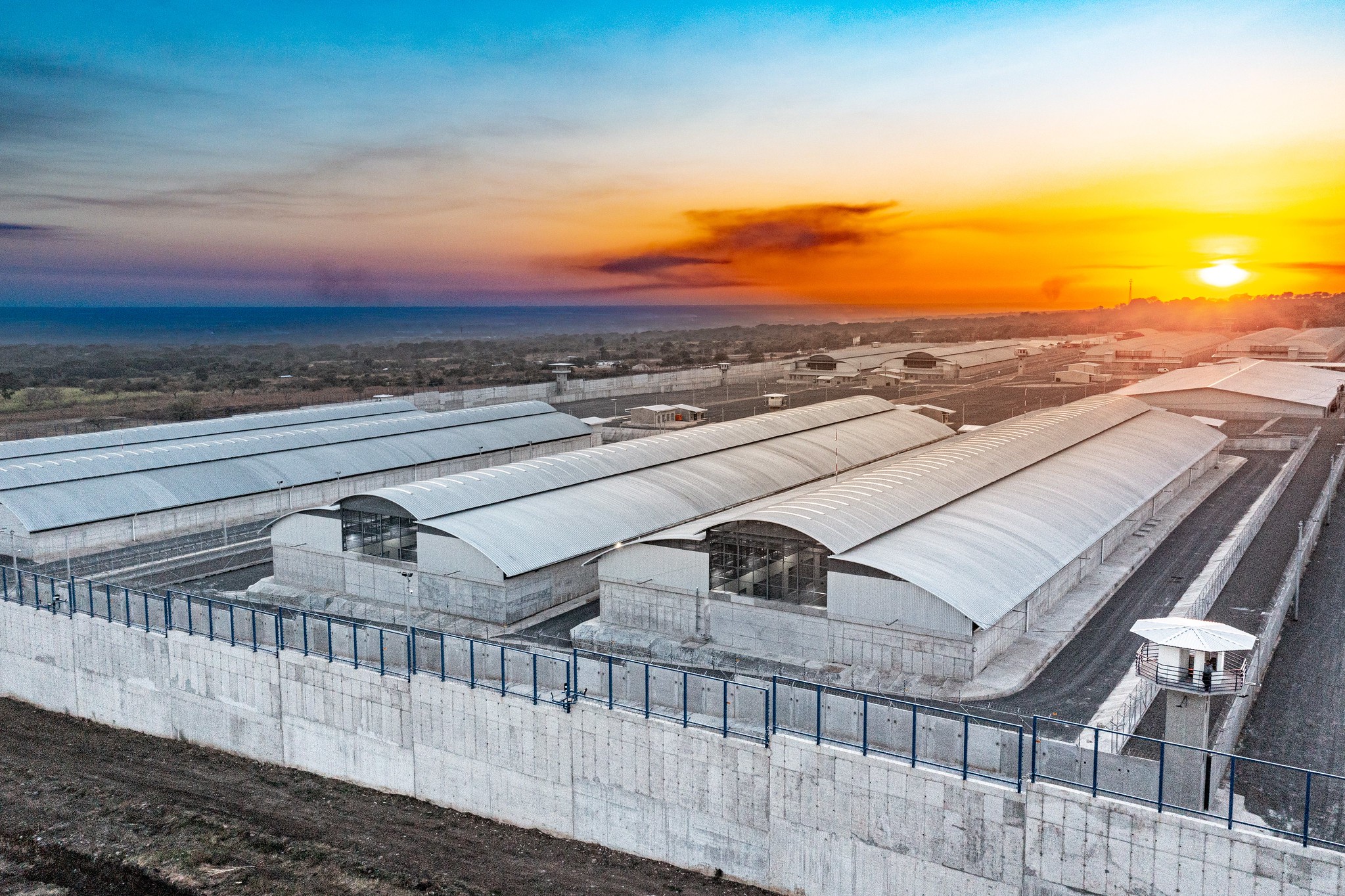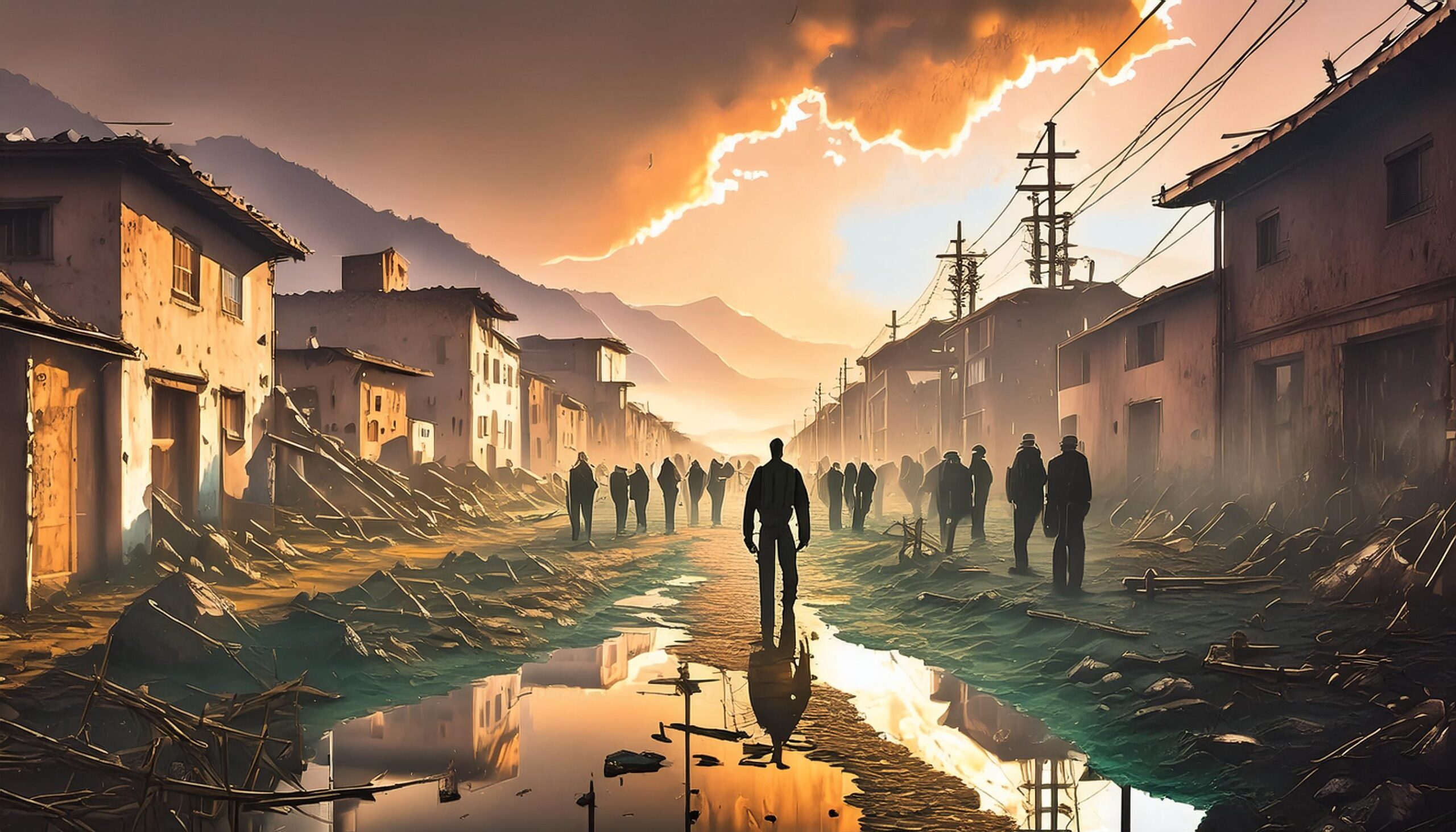The end of Venezuela's "revolution" is in sight. The demand of a large part of the people to be freed from a hopeless existence and unbearable suffering is increasing. But what is the alternative?

On to a military state
Like former President Chavez, who eventually died of cancer, his country is incurably ill. Soon, Venezuela will also be put out of its misery. It is still unknown whether this will be done through euthanasia, or whether a natural course will be chosen. Meanwhile, the demand of a large part of the people to be delivered from a hopeless existence and unbearable suffering is increasing. But what is the alternative?
Corruption is culture
Corruption in Venezuela is a culture handed down from generation to generation. It is in all walks of life and is the cause of much suffering. From Chavez who enriched himself into a billionaire during his presidency, to members of the Guardia National assisting in illegal smuggling of gasoline and food merchandise. But even before the revolution, corruption was a cultural legacy. For example, former President Raúl Leoni (1964) used $10 million of public money to have the driveway to his home refurbished, among other things, and in 2008 Wilson, a confidant of Hugo Chavez, was apprehended with $800,000 at an airport in Argentina. Over 22 billion was transferred to foreign bank accounts during Chavez's time. Half of this money has never been accounted for or recovered to date.
The worthless money.
Venezuela the country with the most oil reserves in the world is currently suffering from hyperinflation. Since July, the price of oil has fallen by over 42 percent, prices of products go up sometimes as much as daily and the currency is worth almost 30 times more on the black market than the government gives for it. In addition, shortages in basic products, medical products and spare parts are increasing.
It is accepted that hours must be spent in queues for supermarkets, that there are gross shortages, and that, due to a shortage of medicine, for example, many people are dying unnecessarily. In between, the power of the military is growing and President Maduro's popularity is declining at about the same rate as the value of oil and the value of money. The largest banknote of the 'Bolivar Feurte' or the 'Strong 'Bolivar' today has a value of 45 euro cents converted.
December is going into the books as the most violent month of this year. Robberies, and with them fatalities, are on the rise, perpetrators are rarely caught, and when they are, they end up in the overcrowded prisons.
On to a military state
Things are not bad everywhere in Venezuela. In the military, for example, you'll be fine. Where in the rest of the country people sometimes wait half days at the supermarket the (higher) military know no food shortages. For a country that has not had a war in over 100 years, the government is investing heavily in the armed forces. In 10 years, the number of generals has grown from 50 to 4500 and Venezuela invests roughly $6 billion a year in new weapons (mostly from Russia with whom they made a deal for $4 billion in two years). This is separate from what Venezuela invests in new buildings and the like.
The life of a military man is not bad. Recently, when on Dec. 1 the entire country received a 15 percent pay raise, the military received a 45 percent raise. In total, over the past 15 years, military personnel have received over 500 percent wage increase received. In May the government bought 20,000 new passenger cars for military personnel while the normal people were only allowed to import 7 cars for the entire country in August. Where many construction projects are at a standstill, military personnel are being offered seaside housing (3,000 homes this year) and where no bank is lending anymore, military personnel can get a 100 percent loan through their own military bank on a car or home financing.
In between, the political power of the military is also growing. For example, currently 1/3 of all ministers and half of governors are military or ex-military. This also includes the current vice president.
War has not known Venezuela for the past century, so President maduro does not need his 300,000-plus troops and 400,000-man militia for that. These are currently being used to nationalize "capitalist" companies allegedly run by the "economic terrorists" and to violently contain demonstrations. There may not have been a war all this time, but the army has been involved in a coup d'etat (attempt) seven times in the past 50 years . With the choices of investment in the military, Maduro clearly shows where his friends are.
Journalists
Of course, with repression such as is going on in Venezuela comes the curbing of press freedom. Venezuela rose to 2nd place last year as the country most likely to be attacked or killed as a journalist. In this, Venezuela graces the list under list leader Ukraine but wins the battle with China and Libya. While Maduro continues to claim that most of the press is not owned by the government, recently almost all newspapers have been bought by the government or friends of the government. Paper shortages have forced other newspapers to stop printing. Critical journalists are fired, jailed or intimidated. Media outlets with a critical tone face sky-high fines and are branded media terrorists. A bill is ready in which the coalition party will have the power to issue press cards. Maduro also knows how to deal with nasty Twitterers. Last year, at least seven ended up in jail.
The end is in sight
Many have seen a default coming for a long time but do nothing about it. Besides the fact that confidence in the revolution is still high, the protests specified moment did not help either. Critics and opposition leaders were arrested and the people settled for repression and gave up the fight.
While Venezuela had the lowest financial rating ever got, the queues for supermarkets got bigger, the money less became worth but, the price of products becoming more expensive by the day and crime only increasing, state TV continues to repeat the highlights of the revolution.
To make matters worse, last week Venezuela's best friend went strange with the country's greatest enemy. Cuba and America appeared to have spent 18 months secretly negotiating mutual ties. It seems this also came as a surprise to Maduro. He had to follow the news via CNN.
The question is not whether the Venezuelan Revolution dies, but when it does. We will not have to wait long for it; indeed, it is likely that something will happen in the first quarter of 2015. There is no solution to hyperinflation, falling oil prices and mounting debt.
Since the current opposition leaders are detained or currently under criminal prosecution by the current government, and thus the opposition has been driven apart, a political alternative to the current government seems impossible at this time. Chances are that Chavez's daughter, Maria will make a bid for power, but it is more plausible that "the powerful military" will make a bid for full power, with all its consequences.
I do not foresee a quick solution to the current problems in Venezuela. Because of the entrenched corruption and different powers, it will take a long time before a new "real" leader will rise up and show guts enough to fight the disease called "Corruption.

